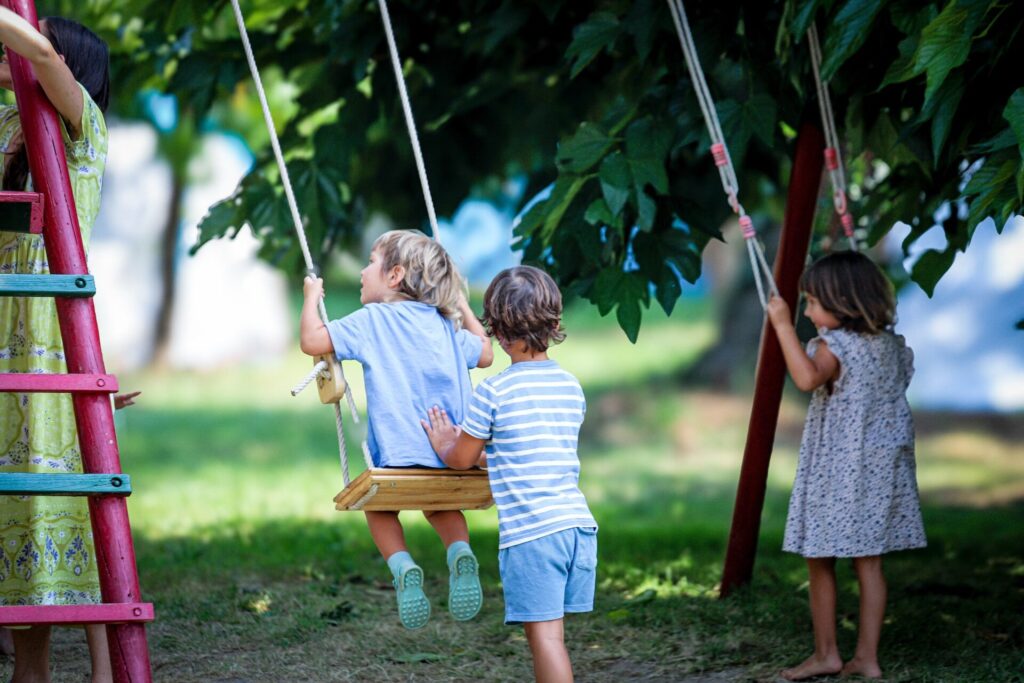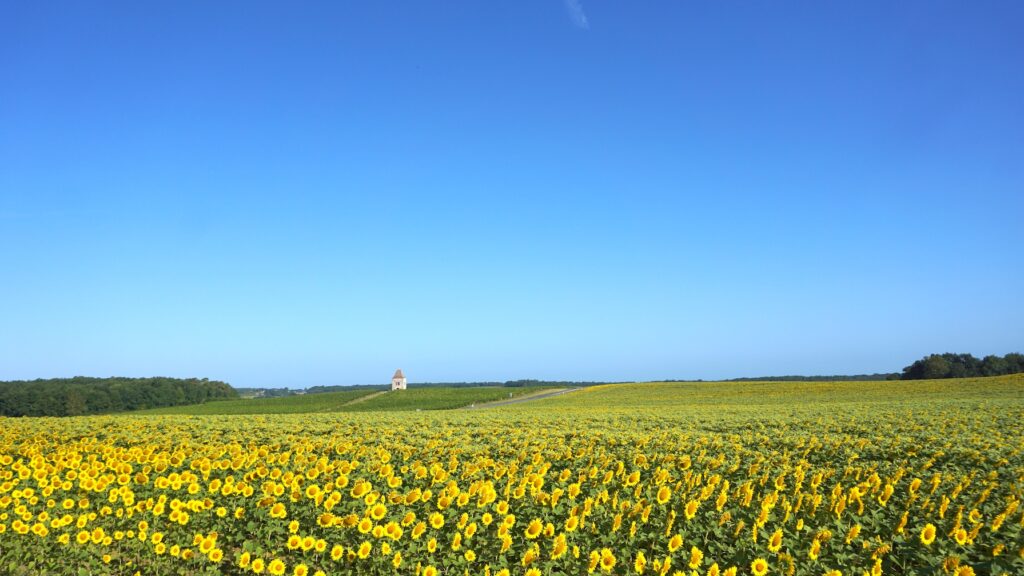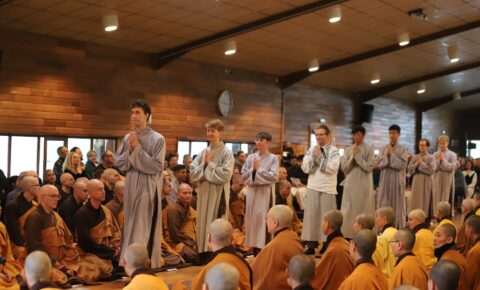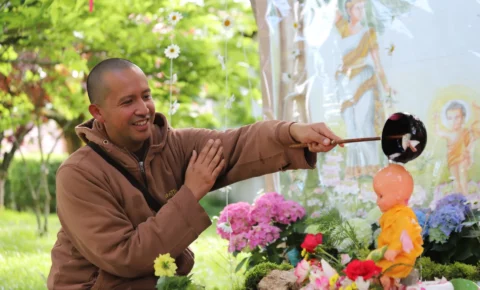In this heartfelt sharing, Dharma teacher Fern Dorresteyn reflects on the joys and challenges of practicing mindfulness as a parent. Drawing from her experience raising three children, Fern offers practical, nourishing ways to bring presence into daily life.
Parenting from the heart
I love the practice so much. I have three children, and I know how hard it can be to be a parent—and how wonderful the practice can be to do with children, and to support me as a parent.
I feel so much respect and gratitude to every single parent, because you have no idea how much work it is—to work all day from the moment you wake up until you go to bed, and then often in the night too. Then the next morning, it starts again. There’s no break. It’s incredible how much we give to our children and how challenging it is—because they’re changing all the time.
When my son was about a year and a half, I thought to myself, This isn’t really how I imagined it would be. I had imagined it being just glorious—darling, in the present moment of my child. I had learned how to practice mindfulness in the monastery, and for many years. So I knew it deep inside, very well. But this little person, a year and a half old—he just moved so fast, all day long, and had so much energy. I didn’t know how to drop into my mindfulness practice with him. So I felt something was missing, and I realized I needed to train myself to create an internal experience of what it’s like to be deeply present with my child.

Bedtime practice
I set up a schedule during the week and picked times that would be my training times—especially things that would happen regularly. One of the main ones was getting ready for bed at night.
I approached it as seriously as I would a sitting meditation. It was my serious practice time. We would go up to the bathroom, and the first thing I did was create this little hand washing practice. I wanted to have fun with it, and I wanted to offer him an experience of the beauty of life. I didn’t know how to do that, so I asked myself: How could I do that? What are some ways I can do that?
I would light a candle in the bathroom. I got a little basin, and a clear pitcher, and filled it with warm water. I put some little stones in the basin. Then I would have him come over, and I’d pour the water over his hands—really slowly—so he could really feel the water, hear the drips, and slow down.
This was an experience of the beauty of life in that moment—of the water, of his own hands. I would talk quietly about how this water used to be in a cloud, and it rained down on the earth and nourished the trees—and now it’s washing your hands. Then I would let him just play in the water until he was done.
Our basket of seeds
Each one of us has a basket of seeds. It’s not my basket. It’s just the basket I have—a part of the whole garden. If I think like this, it really helps me not to judge people, but to be curious about them: What seeds are in your basket? Not feeling they’re yours or mine, but what’s in our basket is our treasure—our part of humanity’s growth. We get to work with it, to transform and enjoy it. This perspective has been especially helpful for me as a parent. I’m amazed how much my ancestors are parenting my children. If I told you what I believe should happen, it’s one thing—but what comes out of my mouth can be something quite different.

Embracing what we can
Sometimes I feel judgmental, hard on myself, because I’m not as beautiful a parent as I’d like to be. But clearly, we can’t judge ourselves—we didn’t choose the seeds. The right seeds would be all wonderful. It’s really a noble task—that we take up certain seeds of suffering, we love them, and we find ways to open them to a new experience so we don’t live with fear or anger. So it doesn’t dominate our lives. We have to be patient. At a certain moment I realized—I’m not going to transform all these seeds. It was distressing, until I thought—But it’s still worth it. There are so many deep seeds in me, and I’m not going to be able to only transmit well-being to my children. I’ll do my best, but I’ll also transmit some suffering. And that’s okay.
Transformation is possible
The wonderful thing the Buddha taught—and what modern brain studies now confirm—is that consciousness is organic. Nothing needs to stay the same forever. Just a few days ago, I heard on the radio that only a few simple feelings are authentic: pleasant, unpleasant, heightened energy, and low energy. All our other emotions—we’re taught them from a young age – we can change that. Even strong emotions—we can learn new ways.
As parents, we should have fun and enthusiasm for what we can transform, and what we can offer our children. We shouldn’t beat ourselves up when we only manage one-tenth of it. We live in a society. It’s hard to swim against the stream. It’s hard to transform. But it’s possible. If I give it some attention and creativity, it’s possible.







Share Your Reflections